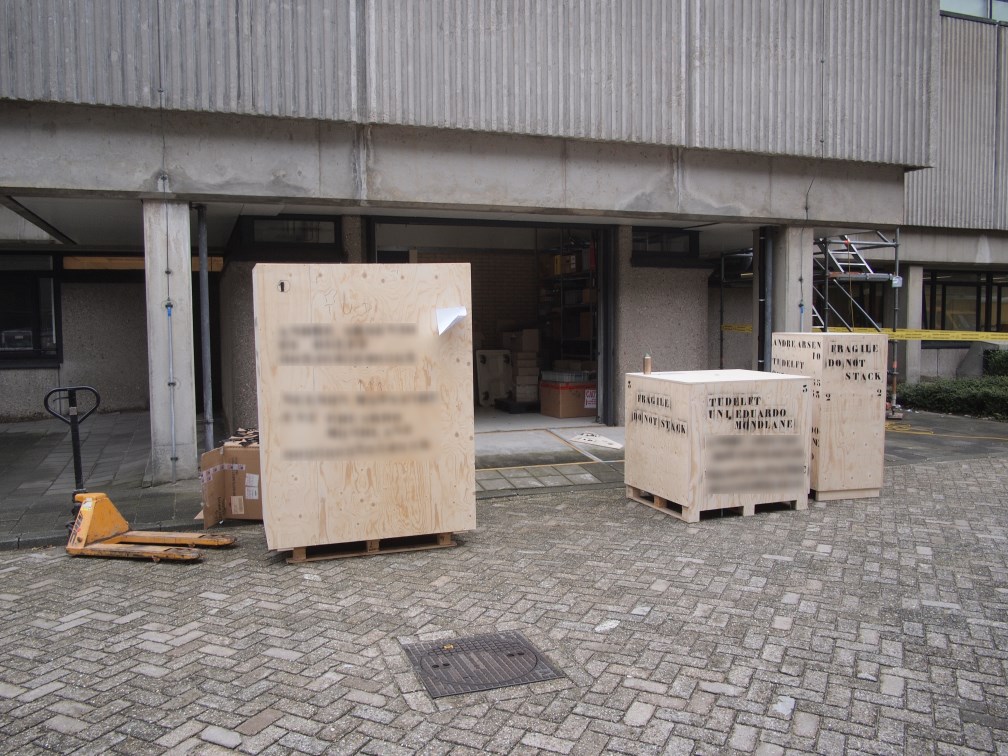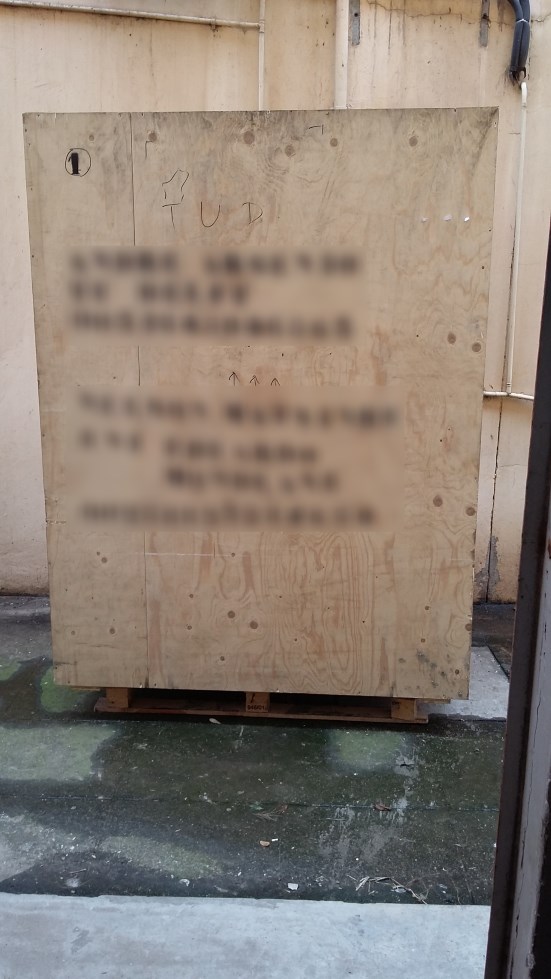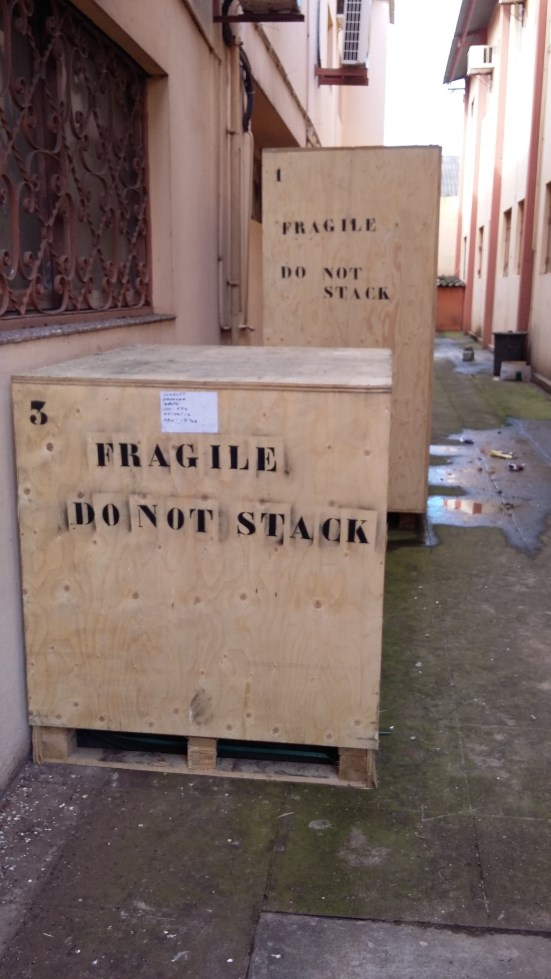by Iana
Good morning! Or “Lichile!” in Shangana, one of the local languages spoken in Mozambique. It has been three weeks in Maputo and, as time goes by, the taste of the unknown has become somehow familiar and enjoyable in our neighborhood. Simone, the Italian, early mornings, stops by the coffee place and updates us about the cultural activities in Maputo; José, the owner of the Café, Mozambican and son of Portuguese, talks about the most varied subjects, from pastry recipes to the Portuguese colonization. Fernando, who studies medicine and lives in the same building, is always around the residence, almost ubiquitously, unless at the end of the afternoon, when he goes to the mosque, because it is Ramadan. All the street vendors, who sell anything that you can imagine (expect for a laptop charger I really needed) are already part of our daily landscape. Greeting and recognizing people in public places are starting to be regular. Yes, we realize Maputo city is small and welcoming. Continue reading →



